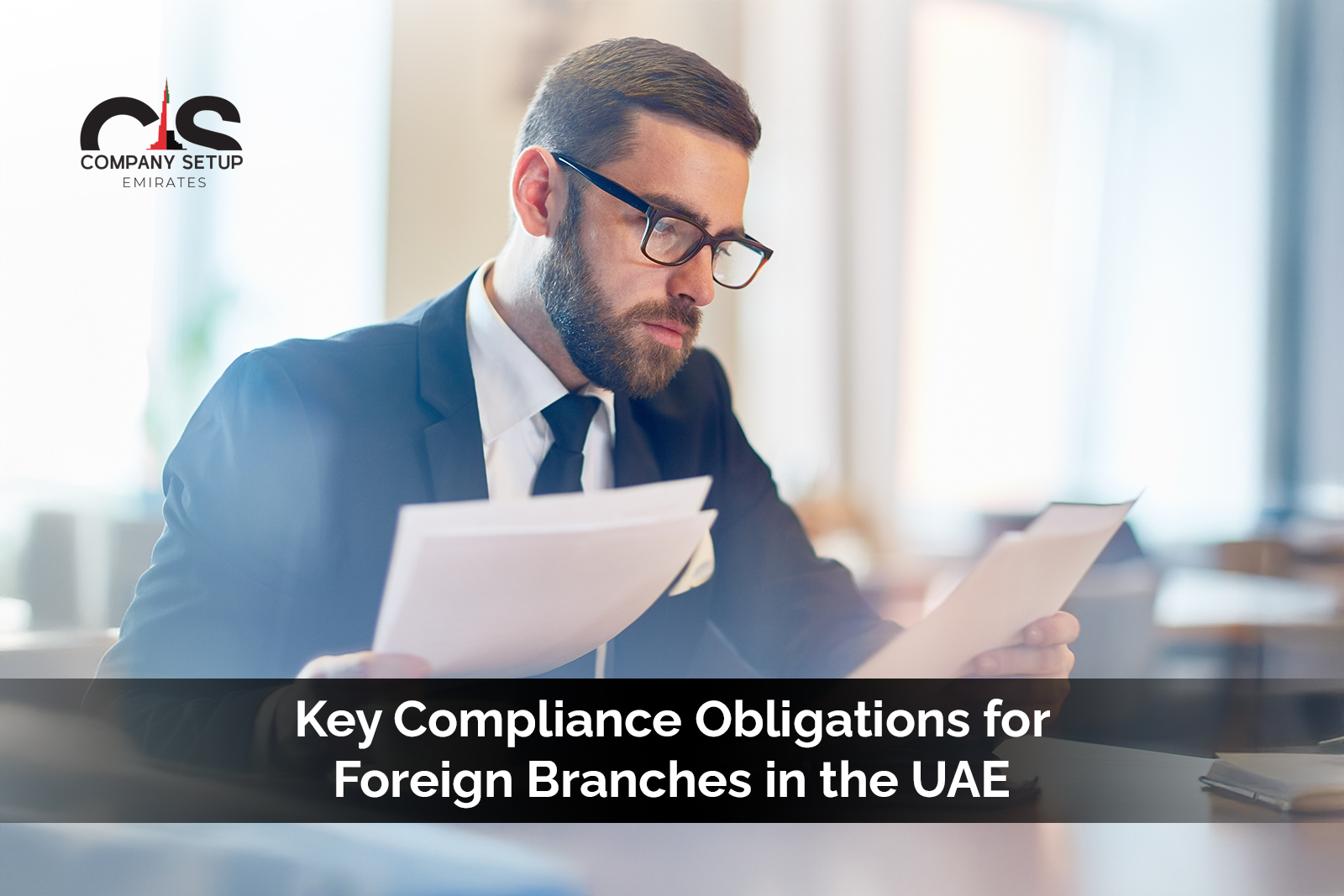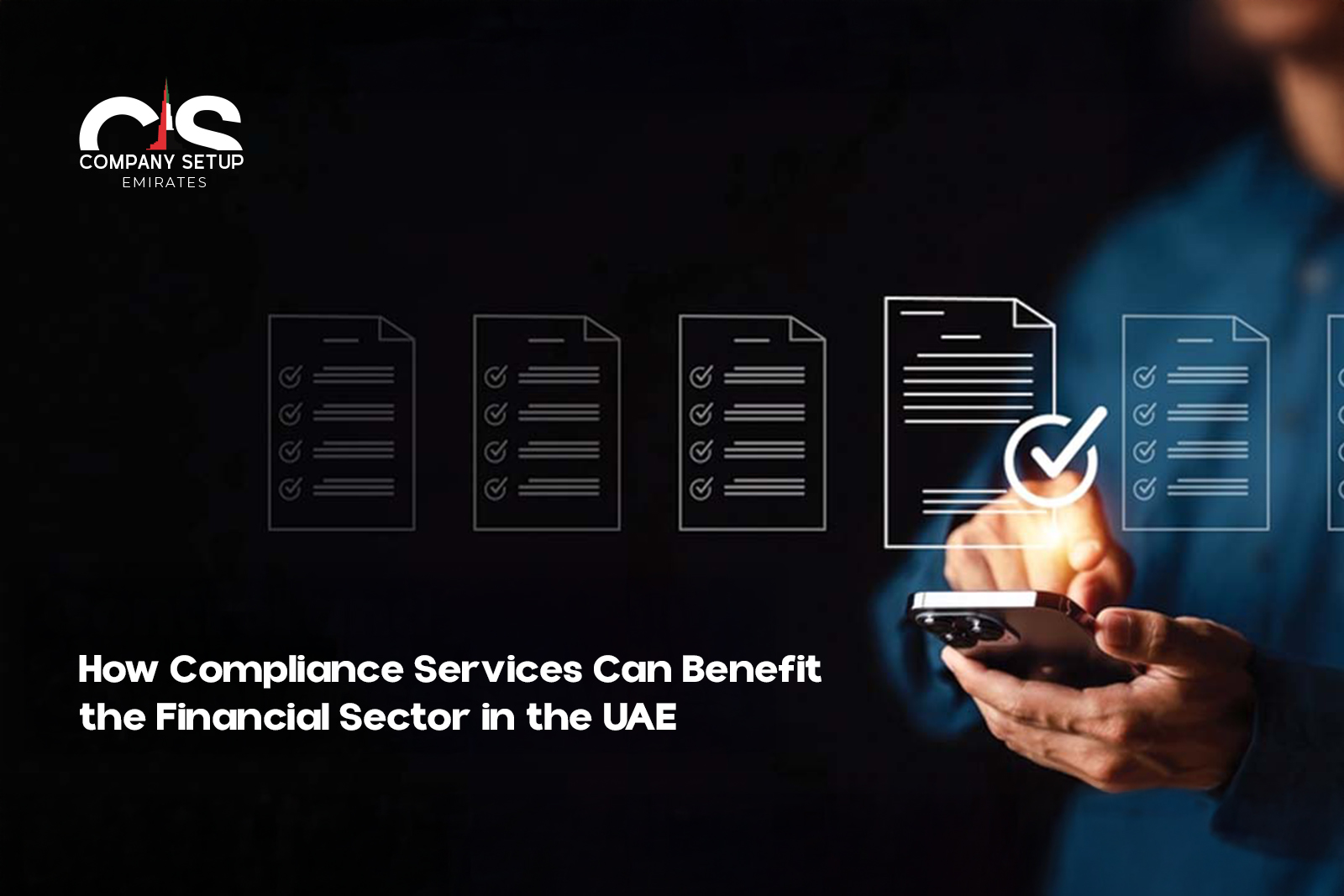Dubai is a thriving business hub that offers multiple business structures, each with its own taxation policies. Understanding how taxation varies across different business structures in Dubai is essential for businesses aiming to establish themselves successfully in this dynamic market.

Understanding Different Business Structures in Dubai
Dubai provides a variety of business structures, including Free Zone Companies, Mainland Companies, and Offshore Companies. Each structure comes with distinct taxation rules, compliance requirements, and operational benefits. Choosing the right business structure impacts taxation, ownership rights, and overall business efficiency.
- 1. Free Zone Companies
Free Zone Companies enjoy some of the most attractive tax benefits in Dubai. These companies are registered within designated Free Zones and have the following tax implications:
- Corporate Tax: 0% corporate tax for most businesses, except for those earning above AED 375,000 annually, which are subject to a 9% corporate tax.
- VAT: 5% VAT applies on goods and services within the UAE.
- Import/Export Tax: No customs duties for goods traded within the Free Zone.
- Personal Income Tax: No personal income tax is imposed on business owners and employees.
- Ownership Benefits: 100% foreign ownership is allowed without requiring a local sponsor.
- Business Restrictions: Free Zone businesses cannot directly operate in the mainland market without a distributor.
- 2. Mainland Companies
Mainland Companies operate across the UAE without geographic restrictions, making them ideal for businesses looking to serve both local and international markets. Their taxation structure includes:
- Corporate Tax: 9% corporate tax on profits exceeding AED 375,000.
- VAT: 5% VAT applies on most goods and services.
- Import/Export Tax: Standard UAE customs duties apply.
- Personal Income Tax: No personal income tax.
- Market Access: Can operate anywhere in the UAE and internationally without restrictions.
- Ownership Requirements: This may require a local partner for certain industries.
- 3. Offshore Companies
Offshore Companies are primarily used for international business operations, asset protection, and tax planning. Their tax structure includes:
- Corporate Tax: 0% corporate tax.
- VAT: Not applicable, as offshore companies cannot conduct business within the UAE.
- Import/Export Tax: No customs duties, as operations are limited to international trade.
- Personal Income Tax: No personal income tax.
- Regulatory Compliance: Offshore companies must adhere to international financial regulations.
- Banking Benefits: Can open corporate bank accounts in the UAE but cannot conduct business within the country.
Key Tax Considerations for Dubai Business Setup
When planning a Dubai Business Setup, taxation plays a crucial role. Entrepreneurs must consider:
- 1. Nature of Business: Some industries have specific tax regulations, such as the banking and oil sectors.
- 2. Location: Free Zone businesses enjoy tax exemptions, while Mainland Companies are subject to standard corporate tax.
- 3. Compliance Requirements: VAT registration, financial reporting, and tax filings differ across structures.
- 4. Foreign Ownership: Free Zone Companies allow 100% foreign ownership, whereas Mainland Companies may require a local sponsor.
- 5. Operational Flexibility: Mainland Companies can engage in a broader range of business activities compared to Free Zone or Offshore entities.
- 6. Cost Implications: Setup and licensing fees vary significantly across different structures.
Pro Tips for Managing Taxes in Dubai
- Choose the Right Business Structure: Select a structure that aligns with your tax-saving goals and operational needs.
- Leverage Free Zone Benefits: If your business doesn’t require a local market presence, opt for a Free Zone setup.
- Stay Compliant: Register for VAT if applicable and maintain accurate financial records.
- Consult a Tax Expert: Work with a tax consultant to optimize your tax strategy and avoid penalties.
- Understand Corporate Tax Laws: Ensure compliance with the new corporate tax framework introduced in 2023.
- Plan for Long-Term Growth: Consider taxation and legal flexibility for future business expansion.
FAQs
What are the tax implications of different business structures in Dubai?
Each business structure in Dubai has its tax policies. Free Zone Companies benefit from tax exemptions, Mainland Companies must pay a 9% corporate tax on profits exceeding AED 375,000, and Offshore Companies operate without taxation as long as they conduct international business.
Is VAT mandatory for all businesses in Dubai?
Yes, VAT registration is mandatory for businesses with an annual turnover exceeding AED 375,000. Even businesses earning between AED 187,500 and AED 375,000 can voluntarily register to streamline tax compliance.
Do freelancers need to pay taxes in Dubai?
Freelancers working under a Free Zone or Mainland license do not pay personal income tax. However, they must register for VAT if their earnings exceed the threshold and comply with invoicing regulations.
Can a business switch from a Free Zone to a Mainland structure?
Yes, a business can transition from a Free Zone to a Mainland structure. This requires re-registering the company, obtaining new licenses, and complying with Mainland tax regulations, including corporate tax.
How does the 9% corporate tax apply to businesses in Dubai?
The 9% corporate tax applies to businesses earning more than AED 375,000 annually. Certain sectors, such as oil companies and large banks, may have higher tax obligations. Free Zone companies meeting specific criteria can still benefit from tax exemptions.
Conclusion
Understanding the taxation policies for different business structures in Dubai is essential for entrepreneurs looking to set up a company in the UAE. Free Zone Companies offer significant tax advantages, Mainland Companies provide market flexibility with corporate tax obligations, and Offshore Companies enjoy tax-free international operations. Choosing the right structure for your Dubai Business Setup will help you maximize tax benefits and ensure compliance with UAE tax regulations. By considering factors such as taxation, ownership rights, and market access, businesses can make informed decisions that support long-term growth.






